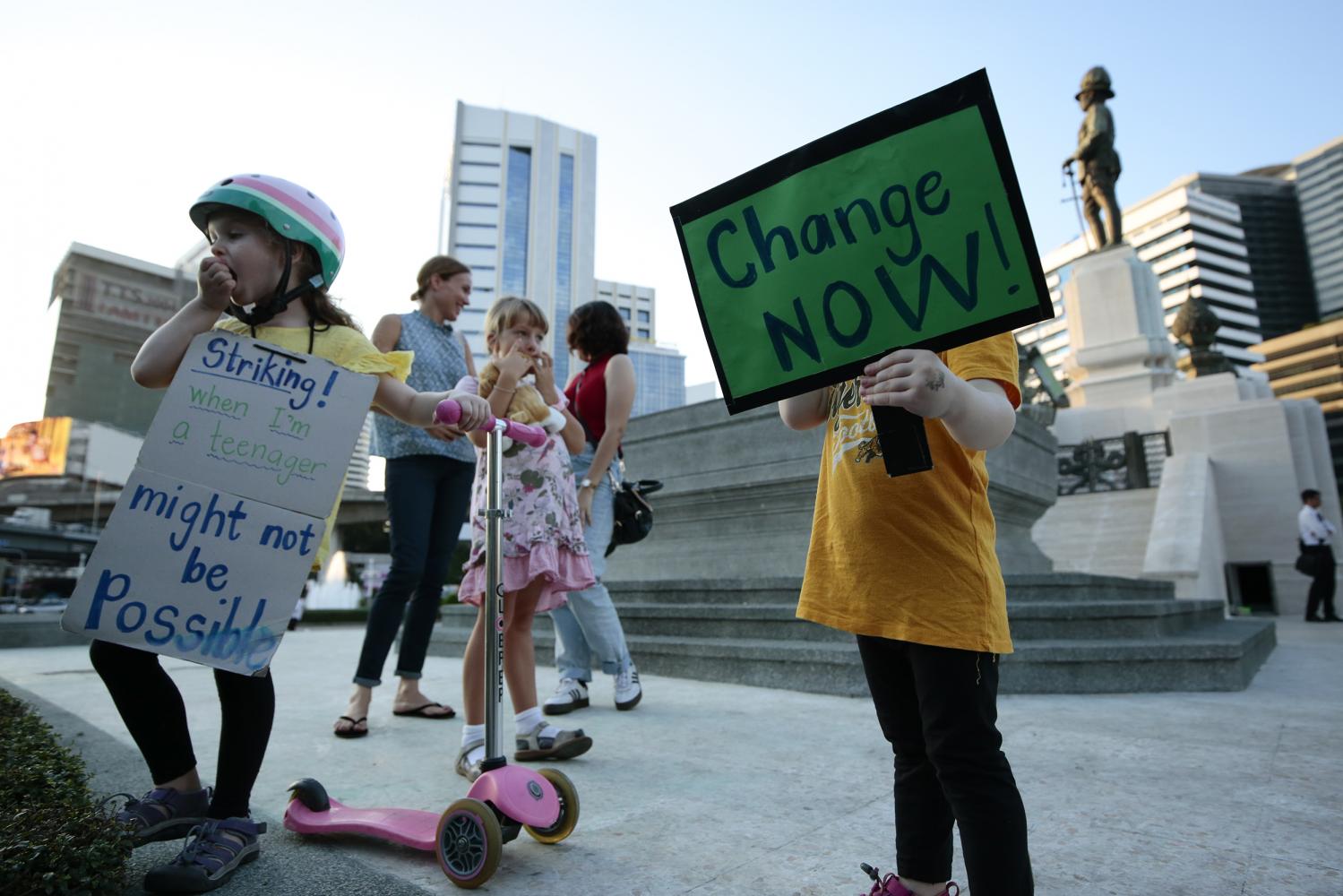
Reaching net-zero emissions by 2050 will be one of the priority discussions at the 26th UN Climate Change Conference of the Parties (COP26) started next week in Glasgow.
The target is ambitious and daunting. The world must come up with effective strategies to balance the whole amount of greenhouse gas released and the amount removed from the atmosphere within the next 30 years to keep the temperature rise well below 1.5ºC above pre-industrial levels.
It will require a huge investment and technology breakthroughs in many areas, including clean energy, electric vehicles, carbon capture and storage, sustainable agriculture, food, and material production.
It will also require serious commitments and collaboration from countries on all economic fronts to get innovations at the prototype stage to market at an affordable price, and making sure developing or even poorer nations gain access to this technology.
The question is where Thailand stands in the COP-26 landscape and what the country will do?
As a country with limited technology capacity, Thailand will be the technology consumer rather than an innovator in this fight against climate change.
In previous climate change negotiations, Thailand has never been among active negotiators, unlike Pacific island nations that face existential threats from rising sea water levels. In terms of the carbon reduction goals, the country has been too humble.
Last week, the cabinet endorsed the "Thailand long-term low greenhouse gas emission development strategy" that set targets for the country to achieve net-zero emissions by the latter half of the century, with the possibility of extending that goal to the year 2090 -- seven decades from now, instead of five decades. In short, many of us will not see net-zero in our lifetimes.
The government is also working on a new National Energy Plan that aims to reach carbon neutrality in the energy and transport sector by 2070.
The plan highlights the promotion of electric vehicles and increases their share to one in three vehicles by 2030, while ensuring that 50% of new power plants will produce electricity from renewable energy sources.
These targets will likely be included in Thailand's second Nationally Determined Contributions (NDCs) yet to be released to the public. COP-26 is a deadline for countries to submit their updated NDCS with far more ambitious emission reduction targets to make net zero possible by the mid-century.
A partial release of Thailand's net-zero plan raised concern from civil society groups. They voiced concerns that a delay in target years is a signal of leaders' and policymakers' reluctance, which they say will hamper Thailand's road to net zero.
In addition, the government has yet to release a clear roadmap and legislation that shows its commitment to reduce emissions in all sectors, particularly energy, transport and agriculture.
Lacking clear emission reduction plans and a road map might make the country illegible to obtain funding and technological assistance from high-income countries.
Apparently, the world is facing an existential threat from climate change. What countries around the world need to do is to move up their net zero timeline, not postpone.
In August, the Intergovernmental Panel on Climate Change (IPCC) released its Sixth Assessment Report.
It said the path to limiting global warming to 1.5ºC requires the world to cut emissions to 45% below 2010 levels by 2030 and reach net zero around 2050.
If this does not happen, the world may lose the opportunity to stay at 1.5ºC by the end of the century.
The latest data from the Energy and Climate Intelligence Unit (ECIU) think tank shows that only 13 countries, including Japan and South Korea, have included a net-zero target in law, and three have the target in proposed legislation.
Another 44, including the significant emitters United States and China, have it in a policy document. A further 79 are still discussing the target.
These numbers do not look promising, especially when the world must act fast to avoid climate catastrophe.
Every country must address an ambitious net-zero target and bring it to implementation as quickly as possible, with no exception made for Thailand or any other developing countries.
Having a bold target does not only set a clear path for countries to reduce emissions. It forces leaders and policymakers to follow through in making execution plans, allocating budgets and providing incentives.
Without such an ambitious goal, the country will not be able to seize the opportunity of a future green economy that depends largely on climate and sustainable-solution businesses.
One example that shows Thailand's lack of preparation is the state procurement plan. A decent plan can help country adopt new innovations -- some of which might be at the prototype stage. But the government's procurement policy is slow and rigid. Its shortcoming was evident during the Covid-19 pandemic.
While governments around the world revised their plans, and adapted state procurement programmes to obtain Covid vaccines, the Thai government delayed its purchase of mRNA vaccines. That's because its rigid procurement law prohibits the state from purchasing products not yet launched in the market and without reference prices.
The outcome was that Thailand fell behind in vaccinations.
Hopefully, the government will not repeat the same mistake in adopting new green technology innovations.
Developing countries like Thailand will eventually become part of others' supply chains and manufacturing hubs.
The government needs to invent a procurement plan and mechanism to encourage manufacturers and consumers to use green technology, instead of waiting for the market to make green technology more cheaply.
The country needs a clear strategy of providing incentives and flexible yet accountable procurement plans to attract innovators, as we have seen in the electric vehicle industry in which international companies are looking for partners in developing countries to build new plants for car components, batteries, and assembly lines.
Achieving a net-zero target can be a responsibility as much as an opportunity for developing countries.
But it is worth being bold and ambitious today as future opportunities will be extended for those who act now.
Paritta Wangkiat is a Bangkok Post columnist.
